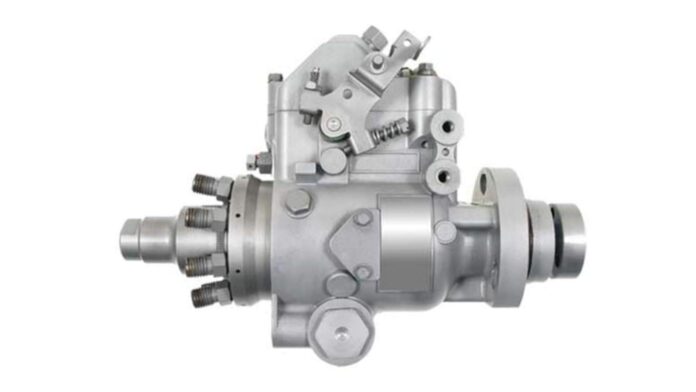Diesel pumps are one of the most efficient oil-water separators used in modern engines. They inject fuel into an engine and remove water from exhaust gases. The diesel fuel pump assembly has many advantages over other types of pumps, such as electric or mechanical ones. Still, some disadvantages need to be considered before using them. This article will discuss all you need to know about diesel pumps so you can decide if they’re right for your vehicle!
What is a Diesel Pump?
A diesel pump is a pump used to transfer diesel fuel from the tank to the engine. It is also known as a transfer pump or a fuel pump. It’s a type of positive displacement pump. The diesel engine is an internal combustion engine that compresses air and fuel at a high temperature. This compression makes the hot air ignite and burn, producing energy that powers the engine to move again.
How Does A Diesel Pump Work?
The working of a diesel pump is very similar to that of its petrol counterpart. Here’s how it works:
- A piston (which moves up and down) drives the water through the air-water drive mechanism inside the tank.
- At every stroke, water flows out from the bottom outlet into a reservoir where it can be held until you need it again later in your garden or farm yard.
- When we say “reservoir” here, we mean an area that has been designed specifically to hold large amounts of liquid without leaking away into other areas around it – this means that only when you press down on both sides will any excess moisture escape from this area; otherwise all would stay trapped inside!
What are the Types of Diesel Pumps?
There are four types of diesel pumps:
- Lubrication Pump
- Fuel Injection Pump
- Fuel Transfer Pump
- Fuel Priming Pump.
Advantages of Diesel Engine
Diesel engines are more efficient than gasoline engines, and they can be used in a wide range of applications. The following are some of the advantages of using a diesel engine:
- You get better fuel economy with a diesel vehicle.
- A diesel engine is less expensive to maintain than one that burns gasoline or other fuels.
- Most modern vehicles have automatic transmissions, which use computers to shift gears without human intervention—no matter how fast you go, your car will always stay at its optimal speed for fuel efficiency (or even reduce its speed if necessary).
Diesel pumps also come in handy when it’s time to recharge your batteries after driving around town all day long!
Disadvantages of Diesel Engine
Diesel engines are less efficient than gasoline engines and are also heavier. That’s why they use more fuel per mile, which means they cost more to operate. Additionally, diesel exhaust contains sulfur that can cause respiratory problems in humans and animals alike if inhaled over long periods (though this is less of an issue with modern diesel engines).
Diesel engines also produce a higher level of CO2 emissions than gasoline engines—and those CO2 emissions have been linked to global warming in recent years. They’re also noisier than gasoline-powered vehicles; this can be especially noticeable on highways during rush hour when people need their windows down!
Conclusion
So, you see, there is a lot to know about diesel pumps. Hopefully, this article has helped you understand how they work and what makes them different from other pumps. There are many times when these pumps are used in places where no electricity would be available such as on boats or airports, so knowing how they work can help keep things running smoothly while traveling by sea or air!





